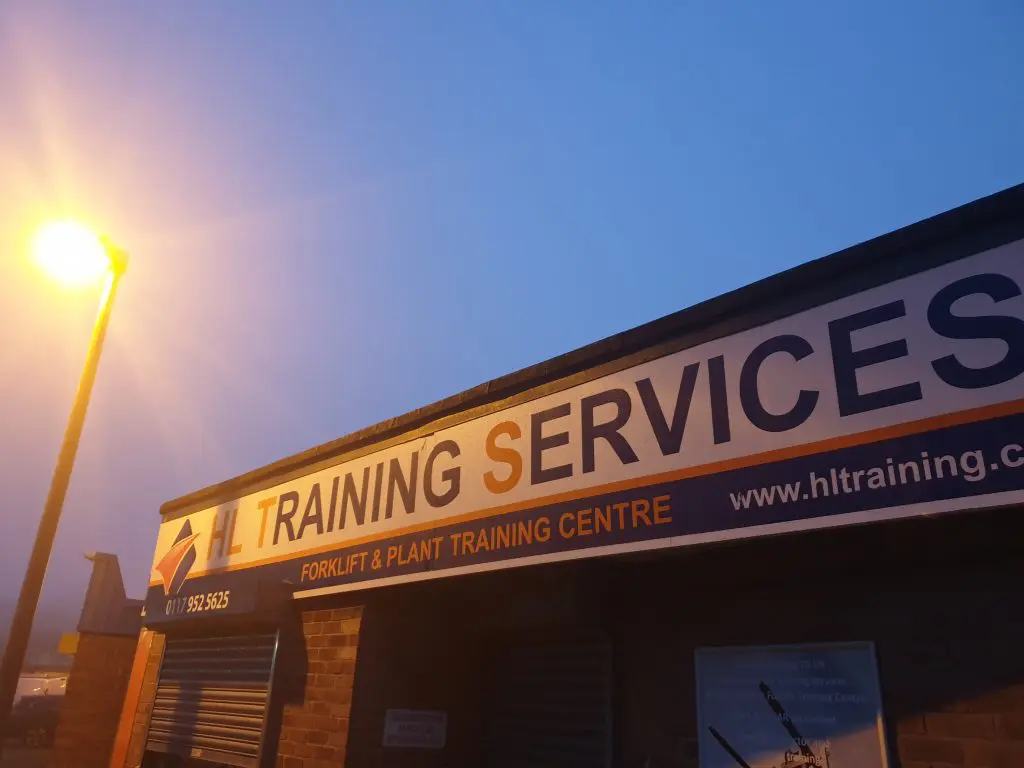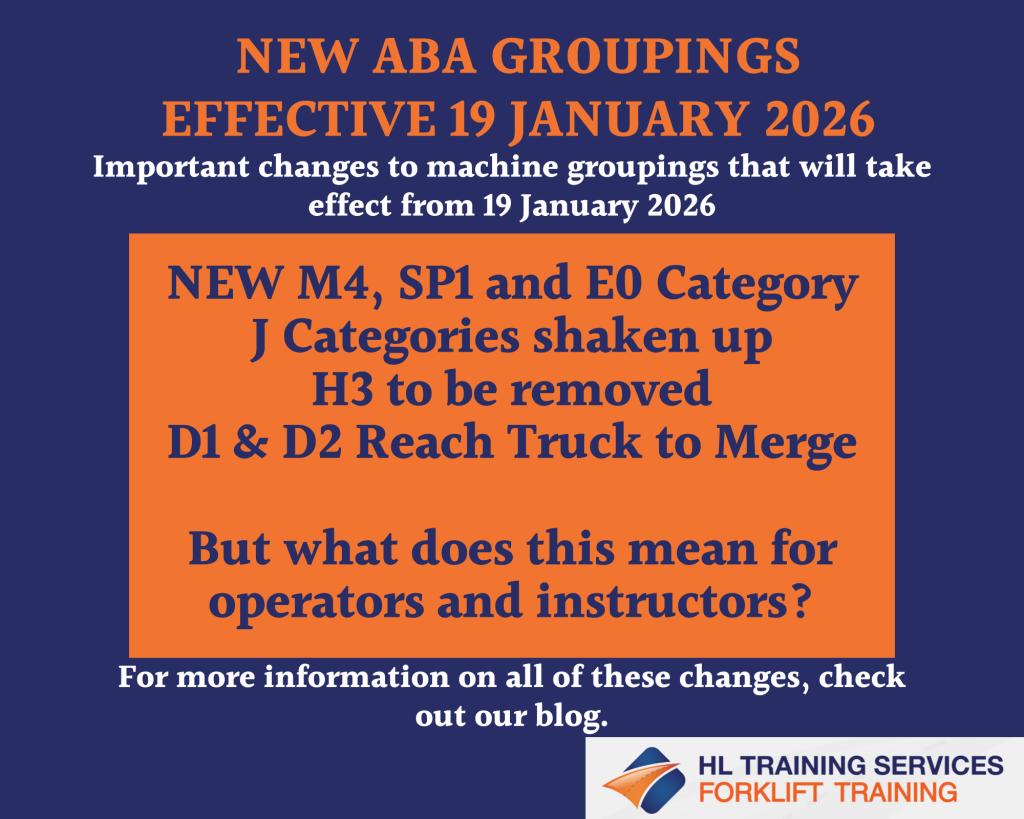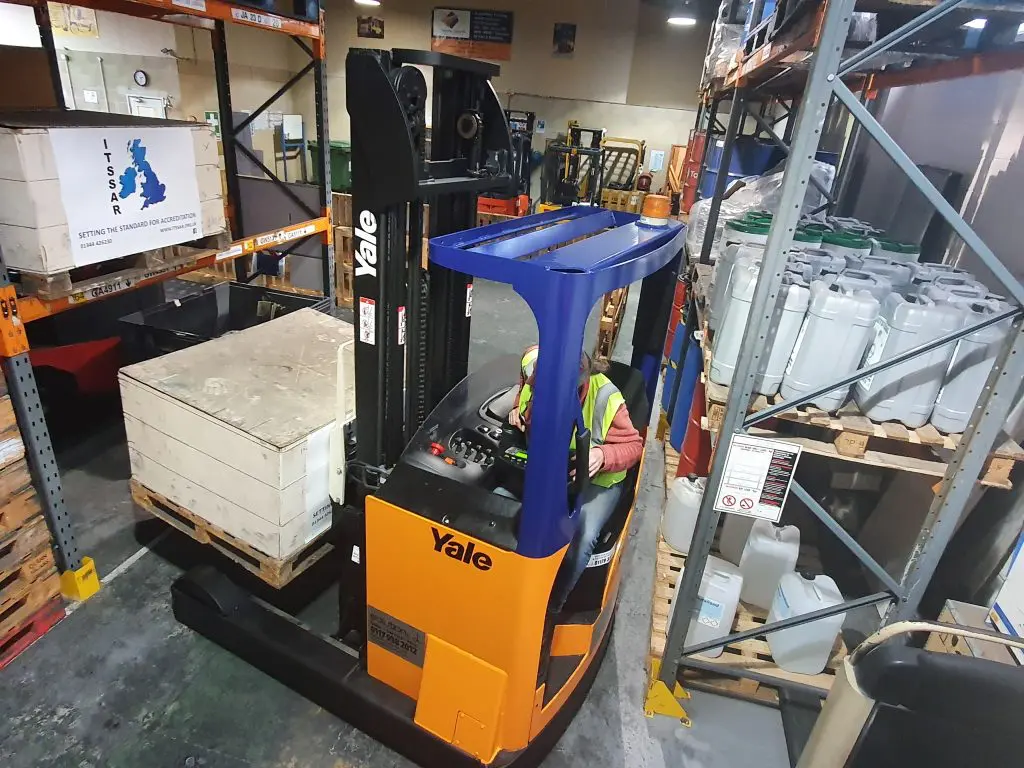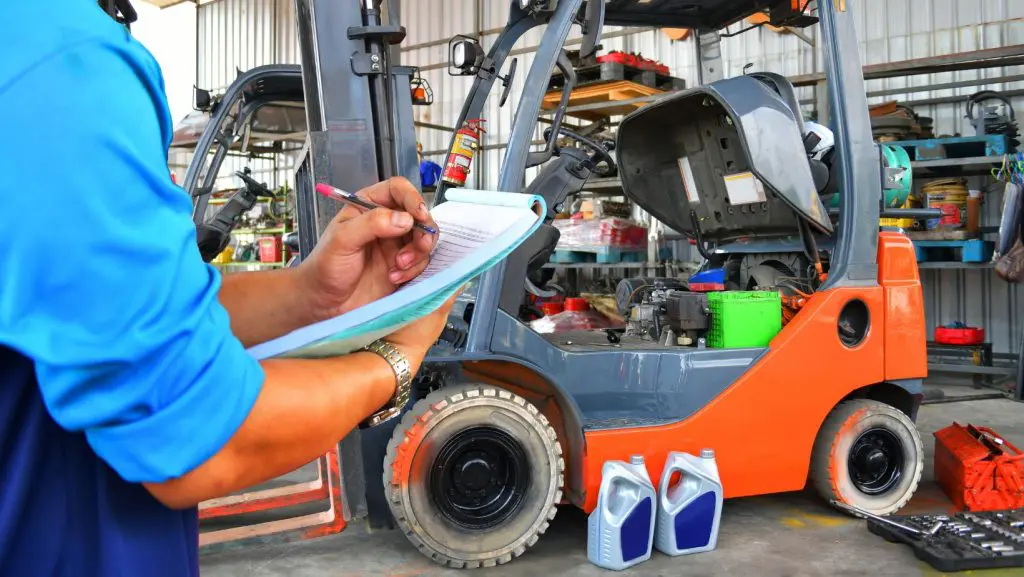
We understand that not every business runs on a 9–5 schedule.
That’s why HL Training Services is proud to offer late and night shift forklift training. Perfect for 24/7 operations, warehouses, and businesses that need training delivered outside of standard working hours, our flexible training ensures your staff are fully accredited without disrupting productivity.

NEW M4, SP1 and E0 Category,
J Categories shaken up,
H3 to be removed,
D1 & D2 Reach Truck to Merge into 1 category.
But what does this mean for operators and instructors?

Reducing operational costs is a priority for every business, and one overlooked area for savings is insurance. Forklift training not only enhances workplace safety but also plays a crucial role in lowering your business insurance costs. By ensuring your operators are trained and certified, your company can mitigate risks, minimise claims, and enjoy reduced premiums. […]

Choosing the right forklift training for your business is essential to ensuring safety, compliance, and productivity within your operations. Whether you’re looking to upskill your team, meet industry regulations, or reduce workplace accidents, selecting the correct training program can seem overwhelming. This comprehensive guide aims to simplify that process, providing insights into the types of […]
